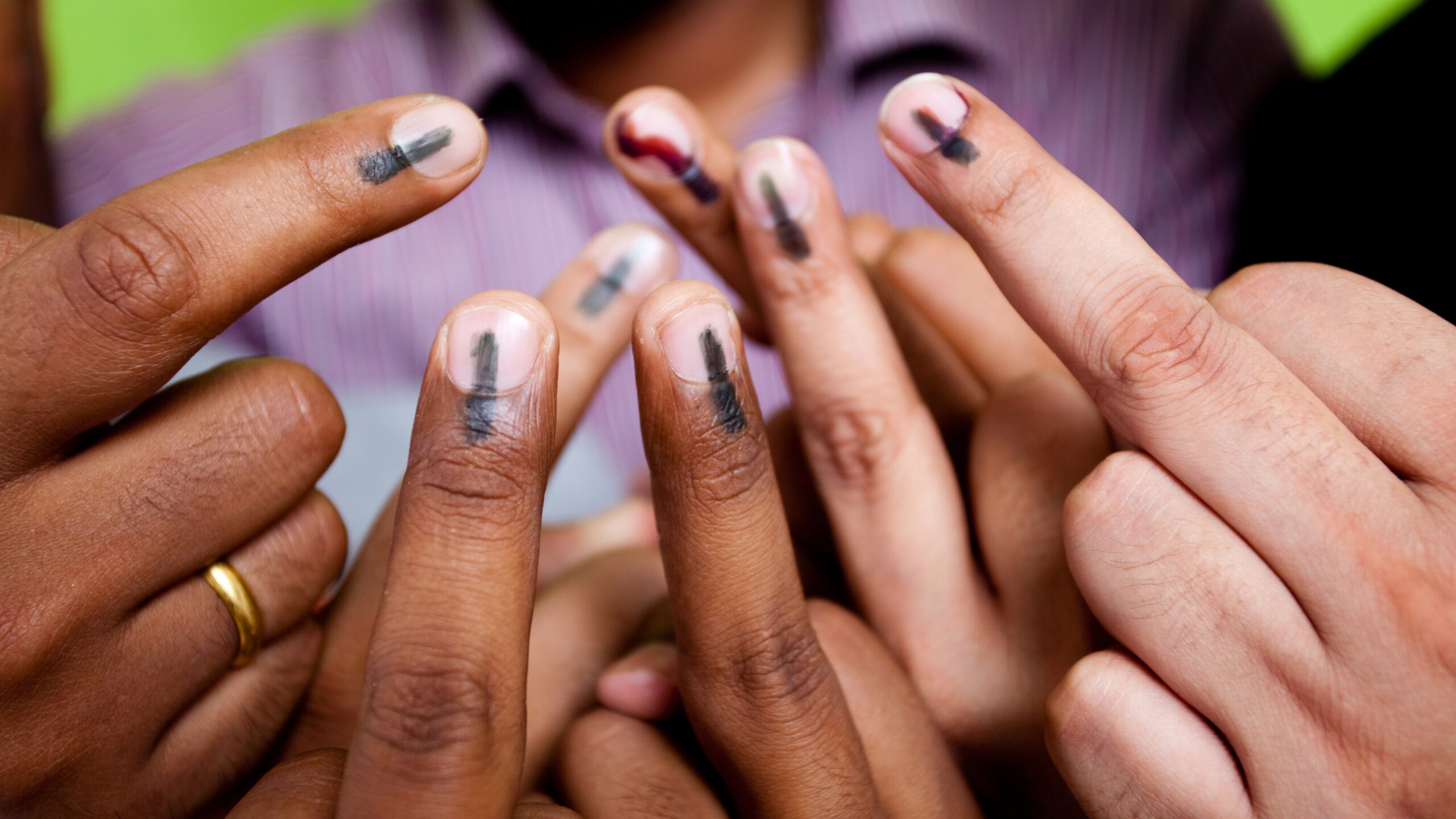When the credibility of an election is questioned, the first responsibility of the Election Commission of India (ECI) should be to open its books, show its data, and prove its processes beyond doubt. Instead, in recent weeks, the ECI’s actions have raised more questions than they have answered.
Rahul Gandhi’s allegation of large-scale “vote theft” in Bengaluru’s Mahadevapura constituency could have been an opportunity for the ECI to demonstrate transparency and restore faith. Instead, it has responded with procedural hurdles and selective disclosure, and, in some cases, outright refusal to release essential information. The Commission’s challenge to Gandhi to submit his claims under oath is not a meaningful step towards truth; it is a diversion. Verifying over one lakh suspicious entries is a job for the ECI itself, not for one politician, because it is the ECI, not any party, that is constitutionally tasked with ensuring clean voter rolls.
The problem here goes beyond Mahadevapura. Reports from Bihar show that the ongoing Special Intensive Revision of electoral rolls has led to the deletion of 65 lakh names, without publishing complete lists or reasons. In a state where most seats are won by slim margins, this level of deletion can easily alter electoral outcomes. Yet the process has been carried out with little public explanation, and the records that might clarify its necessity are missing from the public domain.
Technical barriers make scrutiny harder. The ECI refuses to provide machine- readable electoral rolls, instead offering stacks of printed lists that cannot be easily digitised. CCTV footage from polling stations, which could confirm or disprove allegations, is scheduled for destruction. These choices make independent verification nearly impossible. A healthy democracy should encourage scrutiny, not resist it.
And the consequences are not just political, they are economic. If the vote is compromised, so is every budget, policy, and rupee spent in the country’s name. Banking reforms, welfare allocations, and public investments all lose legitimacy when the mandate itself is in doubt. Without electoral transparency, we are building the nation’s financial house on quicksand.
The principle is simple: if the system works, it should withstand examination. And if there are flaws, they must be fixed, not hidden. By keeping critical data out of reach and failing to justify sweeping actions, the ECI risks eroding public trust in the very process it exists to protect.
-Team CFA

